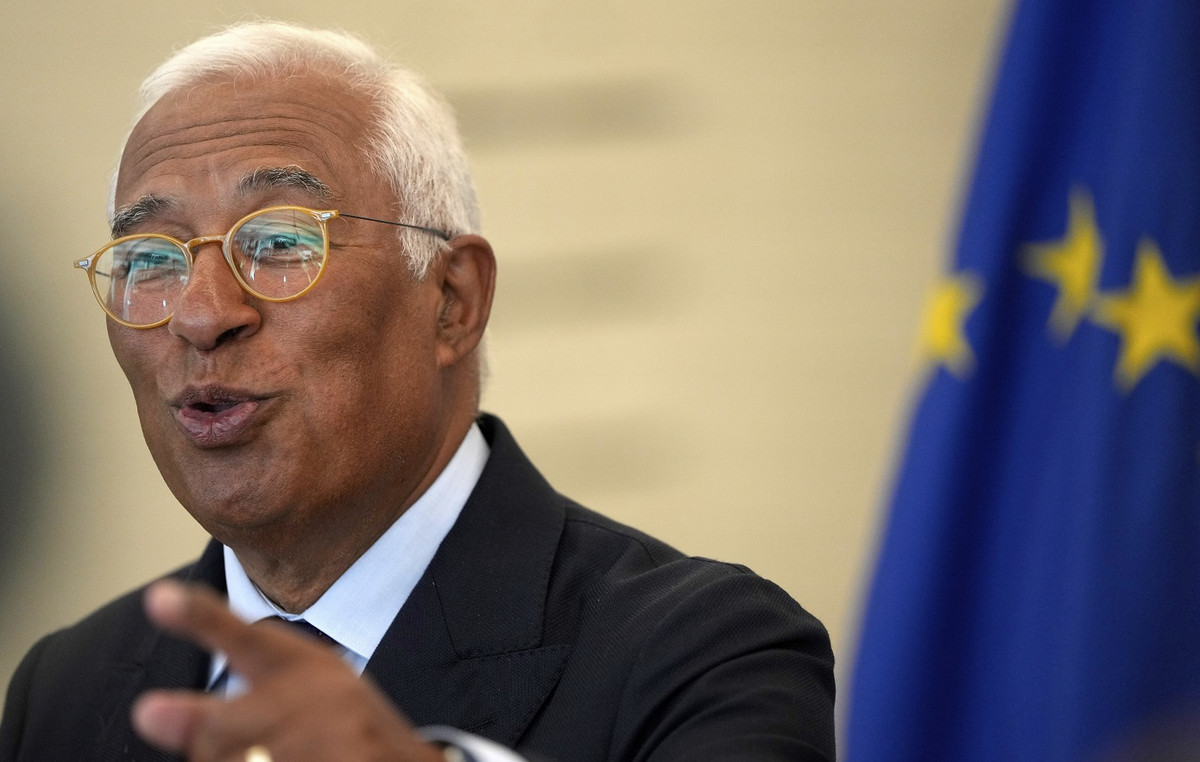The authors of the project, Kirsten Gillibrand and Cynthia Lummis, believe that stablecoin issuers are required to have cash reserves or cash equivalents in a 1:1 ratio to back the tokens. The bill thus introduces a complete ban on unbacked algorithmic stablecoins.
Algorithmic ones include DAI from MakerDAO, USDe from the Ethena project, and other stablecoins from various decentralized projects. The authors of the initiative believe that issuers and holders cannot use stable coins for illegal purposes such as money laundering.
According to Senator Kirsten Gillibrand, the adoption of the law is necessary to maintain the dominance of the dollar, protect Americans and stop money laundering.
The bill's explanatory note states that it aims to create an infrastructure that encourages the introduction of innovative solutions for the American economy. The document will give government organizations the authority to create their own and control private stablecoins.
The bill introduces a provision in the event of issuer insolvency. In this scenario, the issuing company would fall under the jurisdiction of the US Federal Deposit Insurance Corporation (FDIC), which, the authors believe, should serve as a reliable measure of customer protection.
Earlier, Democratic Senators Jack Reed and Laphonza Butler called on SEC Chairman Gary Gensler not to approve the launch of new exchange-traded funds (ETFs) tied to cryptocurrencies.
Source: Bits
I am an experienced journalist, writer, and editor with a passion for finance and business news. I have been working in the journalism field for over 6 years, covering a variety of topics from finance to technology. As an author at World Stock Market, I specialize in finance business-related topics.







